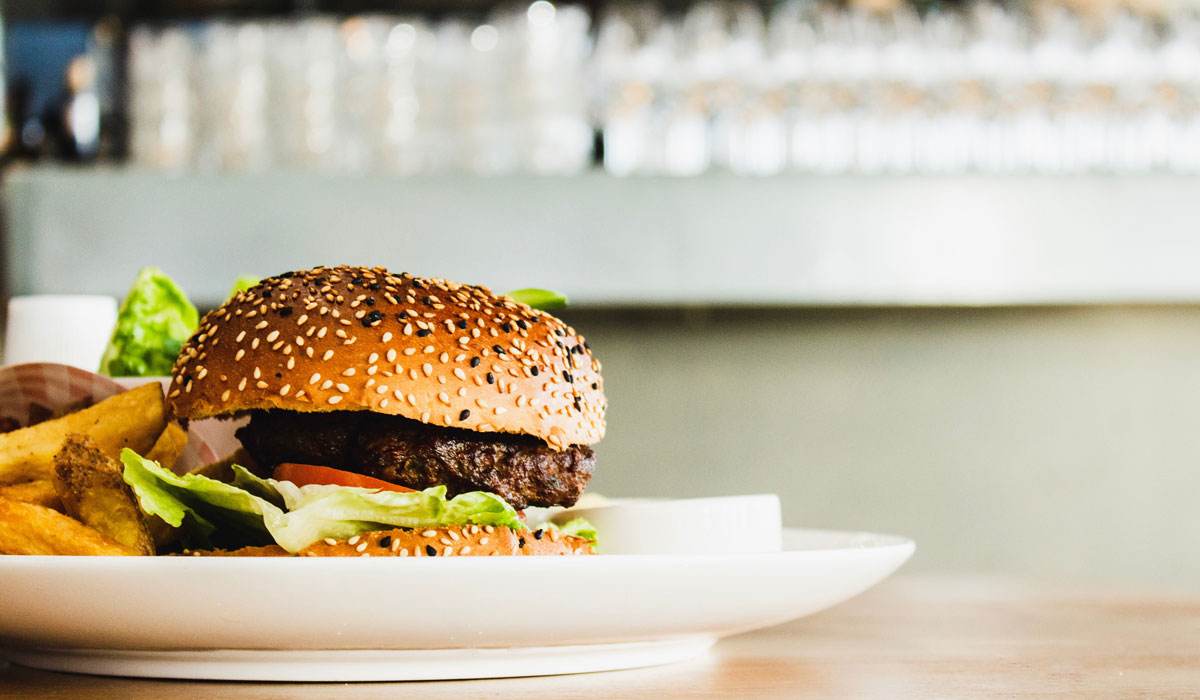Running a restaurant is an adventure, even in the best of times.
As anyone in the restaurant and foodservice industry can attest, 2020 was far from the best of times. The near-immediate onslaught of COVID-19 forced restaurants of all kinds into a crisis, shifting major aspects of business operations from physical layouts to menus to staff size.
Restaurants were among the largest users of PPP loans when the CARES Act was passed last spring as more than three million industry jobs were lost in the first three weeks of March. While that was a necessary lifeline, the assumption was that the other relief program included in the CARES Act—the Employee Retention Tax Credit—would be unavailable as the two were thought to be mutually exclusive.
That all changed just as the calendar flipped to 2021.
When the updated Consolidated Appropriations Act was passed in late December 2020, the government allowed businesses who received PPP loan funds to also retroactively apply for the Employee Retention Tax Credit.
While there are still some factors to determine qualification, such as being shut down due to government order or experiencing a large drop in year-over-year revenue, this is another crucial development in efforts to provide relief.
The only problem: the ERTC is receiving almost zero publicity as compared to PPP loans, meaning countless businesses are missing out.
“This is a major opportunity that businesses are missing,” says Blair Motl, a Chicago-area franchisee of Payroll Vault, a payroll and workforce management franchise that has been key in providing local, hands-on guidance to restaurants and other small businesses in each franchisee’s community
“So many of our clients are in the restaurant industry, which needs help as much as anyone, and they hadn’t even thought about it,” he continues. “They got their PPP loan and figured that was it. But when this change happened, we knew it could be a complete game-changer for the restaurants in our area.”
In the month following the change in legislation, Motl says he and his sales director Tom Venturini embarked on a mission to educate their clients—along with other franchisees in their company—about the benefits available.
Not only is the Employee Retention Credit retroactive for 2020, but it extends at least through the first two quarters of 2021 as well. Qualifying businesses could receive up to $5,000 per employee for 2020 and up to $14,000 in the first half of 2021.
In just under a month, Motl says their clients applied for a total credit of roughly $4 million through the ERTC alone. One of those clients was Kathleen Bergeron, the owner of Mockingbird Bar + Garden in the Chicago suburbs, who is using those rediscovered funds to pay for the necessary pivots so many restaurants have had to make.
“I consider myself more of a front-of-house visionary than a numbers expert,” she said. “They were so incredible in finding us loans and grants throughout the past year. This ERTC opportunity will go such a long way for the outdoor dining space we had to build. Thankfully, we’re surviving the winter months with that.”
Part of the reason so few restaurants are taking advantage of the ERTC opportunity is that there is so much to juggle in the first place. Payroll is already a complicated process for restaurants. That complexity was only accelerated by COVID-19 and related legislation which has constantly changed the survival strategy for business owners throughout the country.
“There are a lot of things to worry about when you’re running a restaurant, and payroll shouldn’t be one of them,” says Darin Frantz, owner of two Schlotzsky’s Deli locations in Oklahoma and Missouri. “You’re balancing all these brand-new issues for loans, the unemployment process, and the obvious HR concerns to keep everyone safe. The constant changes from the pandemic have really put a premium on support.”
That need led Frantz, like other restaurant owners, to search for a payroll solution that could provide the kind of support that he wasn’t getting from the call centers of software companies.
“When you have to outsource some aspect of your operation, I think there’s real value in finding someone who is local and who cares,” Bergeron says. “I think that’s ultimately why they were so eager to introduce us to the ERTC, which is really helping us hang in there.”
Restaurant owners without a proactive payroll or accounting advisor could be missing that necessary relief.
But the good news is that it’s not too late.
Sean Manning, CPA, CFE, is partner and CEO of Payroll Vault brands, whose divisions include Payroll Vault Franchising LLC, the payroll service franchise business system, and Payroll Vault—Littleton, the corporate location an independent payroll service company. He is the former owner of Insperience Business Services, an accounting, tax, and business advisory firm located in Littleton, Colorado.












